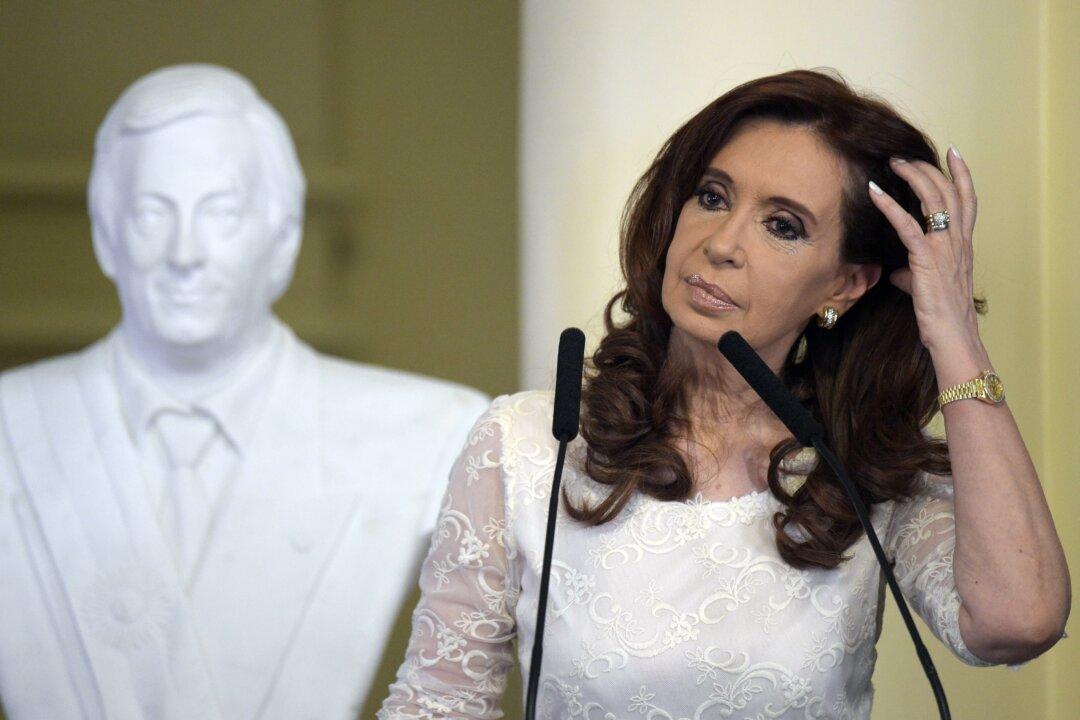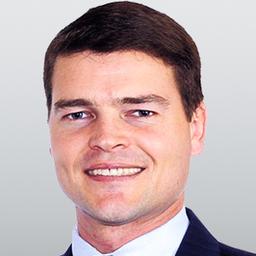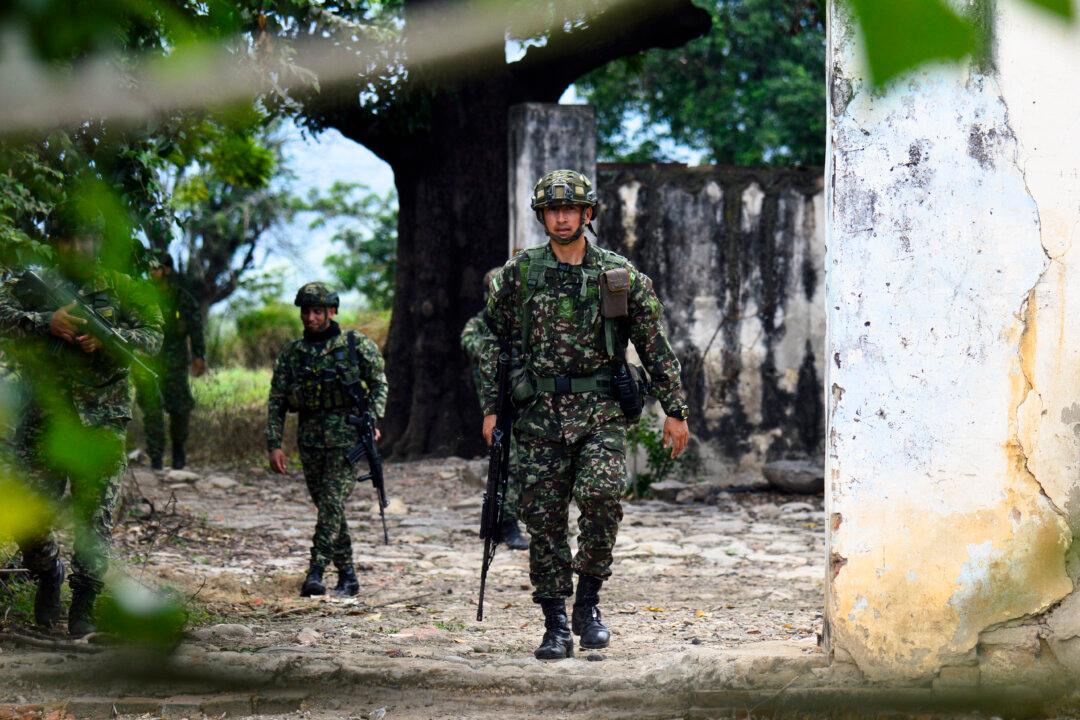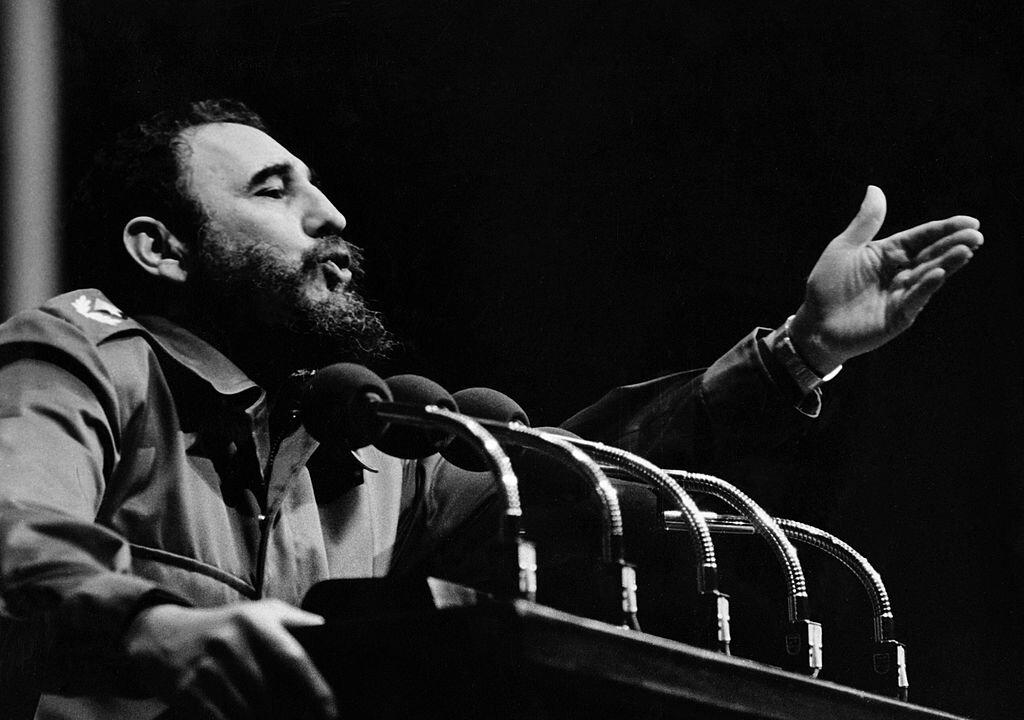The “Argentina in Therapy“ documentary (2009) chronicles how Buenos Aires became the world’s capital for mental-health treatment, with twice as many therapists per capita as New York. The ominous election of Cristina Kirchner as president was another manifestation of Argentine insanity.
Fact is stranger than fiction in Argentina, and Kirchner is a larger-than-life villain—previously in office from 2007 to 2015, following her late husband into the presidency. Her established criminality, corruption, drama-queen antics, economic folly, fiscal default, and unapologetic failure embody all that plagues a nation long in decline.





